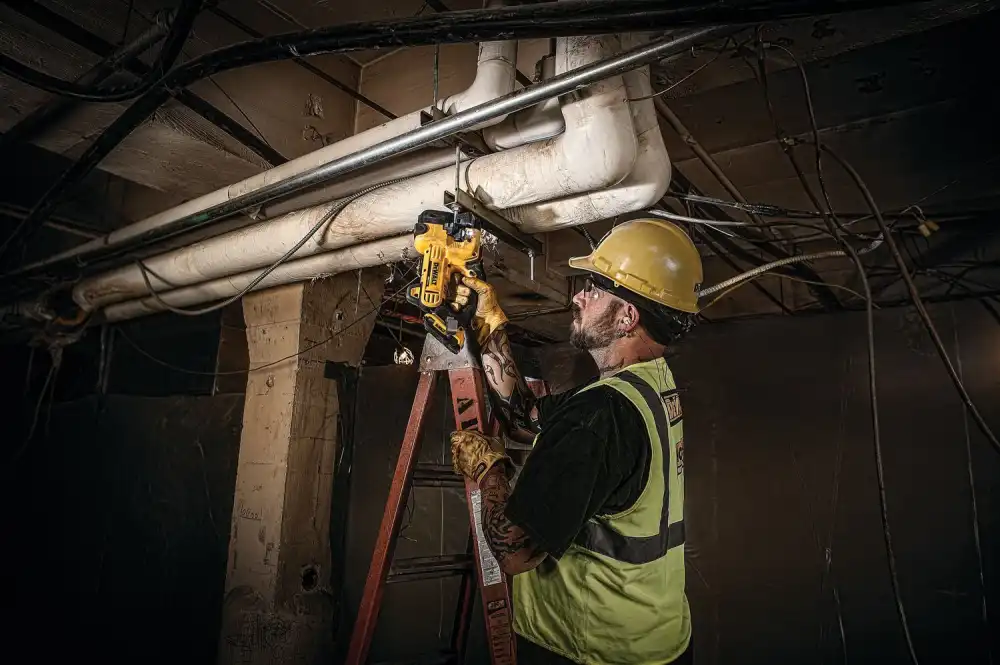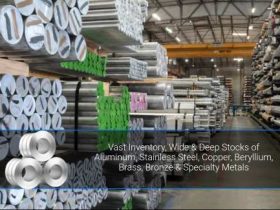Hard water is a common issue faced by many homeowners in Melbourne. It contains high levels of minerals like calcium and magnesium, which can have a significant impact on your plumbing system. As plumbers in Melbourne, we have seen and identified the deteriorating effect that hard water can have on your plumbing fixtures. But understanding the effects of hard water and taking proactive measures can help you maintain the longevity and efficiency of your plumbing. In this blog post, we will explore hard water’s impact on your Melbourne plumbing system and discuss potential solutions.

What is Hard Water?
Hard water contains a high concentration of minerals, primarily calcium and magnesium. These minerals are picked up as water passes through underground rock formations and aquifers. The hardness level in water is measured in grains per gallon (GPG) or parts per million (PPM) of dissolved minerals. Water’s hardness can vary from region to region, and Melbourne is known to have moderately hard water. The exact hardness level depends on the specific water sources supplying the area.
In addition to calcium and magnesium, hard water may contain other minerals and elements such as iron, manganese, and sulphates. These minerals are not considered harmful to human health but can affect plumbing systems and household appliances.
Causes of Hard Water in Melbourne
The causes of hard water in Melbourne can be attributed to the region’s water sources and geological factors. Here are some of the primary causes identified by our plumbers in Melbourne:
Natural Geological Composition
Melbourne’s water sources, including rivers, reservoirs, and groundwater, are influenced by the geological makeup of the surrounding areas. The region’s soils and rocks contain deposits of minerals like calcium carbonate and magnesium carbonate, which dissolve into the water as it flows through these formations.
Limestone and Dolomite Deposits
Melbourne sits on a geological formation called the Melbourne Basin, which is rich in limestone and dolomite. These carbonate rocks contain high concentrations of calcium and magnesium, contributing to the hardness of the water.
Rainfall and Runoff
Rainfall and runoff from the surrounding catchment areas replenish Melbourne’s water sources. As water flows over the land, it interacts with rocks and soils, picking up mineral content along the way.
Groundwater Sources
Many areas in Melbourne rely on groundwater as a source of drinking water. Groundwater is often in contact with underground rock formations for extended periods, allowing for greater mineral dissolution and higher hardness levels.
Effects of Hard Water on Plumbing
Hard water can have several negative effects on plumbing systems, and as plumbers in Melbourne, we have often been called to deal with such issues. Here are some common effects of hard water on plumbing:
Mineral Deposits
Hard water contains dissolved minerals like calcium and magnesium. Over time, these minerals can accumulate and form limescale deposits inside pipes, faucets, and fixtures. Limescale build-up restricts water flow, reduces pipe diameter, and can eventually lead to clogs.
Reduced Water Flow and Pressure
As limescale deposits accumulate in pipes, they constrict the flow of water. This can reduce water pressure throughout your plumbing system, making showers less satisfying and affecting the performance of appliances like washing machines and dishwashers.
Clogged Faucets and Showerheads
Limescale deposits can block the small openings in faucets and showerheads, causing them to clog. In severe cases, this can lead to reduced water flow, uneven spray patterns, and even complete blockage.
Pipe Corrosion
Hard water can accelerate the corrosion of metal pipes, particularly copper and galvanised steel. The high mineral content and pH imbalance in hard water can corrode the inner linings of pipes, leading to leaks and pipe damage over time.
Increased Plumbing Repairs
The accumulation of mineral deposits and corrosion caused by hard water can result in frequent plumbing issues, such as leaks, pipe bursts, and damaged fixtures. These repairs can be costly and cause inconvenience for homeowners.
Appliance Damage
Hard water can have detrimental effects on water-using appliances like water heaters, dishwashers, and washing machines. The mineral deposits can coat heating elements, reducing their efficiency and lifespan. Appliances may require more energy to heat water, leading to higher energy bills.
Soap Scum and Difficulty Lathering
Hard water interferes with the lathering process of soap and detergents. It forms soap scum, a sticky residue that can cling to skin, hair, and surfaces, making it harder to get clean and leaving a film on bathroom fixtures and tiles.
It’s important to address the effects of hard water on plumbing systems to prevent further damage and maintain the efficiency of your plumbing infrastructure. Implementing water treatment solutions or using water softeners can help mitigate the negative impacts of hard water on your plumbing. To know more about how to deal with hard water, you can connect with us at Your Local Plumbing.
Solutions to Combat Hard Water
- Install a water softener as it can remove the minerals responsible for water hardness, such as calcium and magnesium, through an ion exchange process.
- Use a water conditioner to alter the structure of minerals in the water, reducing their ability to cause scaling and build-up.
- Use vinegar or citric acid to regularly clean fixtures, faucets, and appliances to remove mineral deposits.
- Install a whole-house water filtration system to remove or reduce mineral content, improving the overall quality of water throughout your home.
- Install filters on specific faucets or appliances to reduce mineral content in water used for drinking, cooking, or specific purposes.
- Periodically use descaling agents designed for appliances like coffee makers, kettles, and washing machines to remove built-up mineral deposits.
- Regularly flush your hot water heater to remove sediment and mineral accumulation, which can improve its efficiency and prolong its lifespan.
- Consult a professional plumber in Melbourne or water treatment specialist to assess your specific situation and recommend the most appropriate solution for your home.
Conclusion
Hard water can significantly impact your plumbing system in Melbourne, leading to reduced efficiency, increased energy consumption, and costly repairs. By understanding the effects of hard water and implementing appropriate solutions, you can protect your plumbing system and extend its lifespan. Consult with a professional plumber in Melbourne to assess your water quality and recommend the best course of action for your home. If you want such a team, connect with us at Your Local Plumbing. Don’t let hard water compromise the functionality and longevity of your plumbing system!













